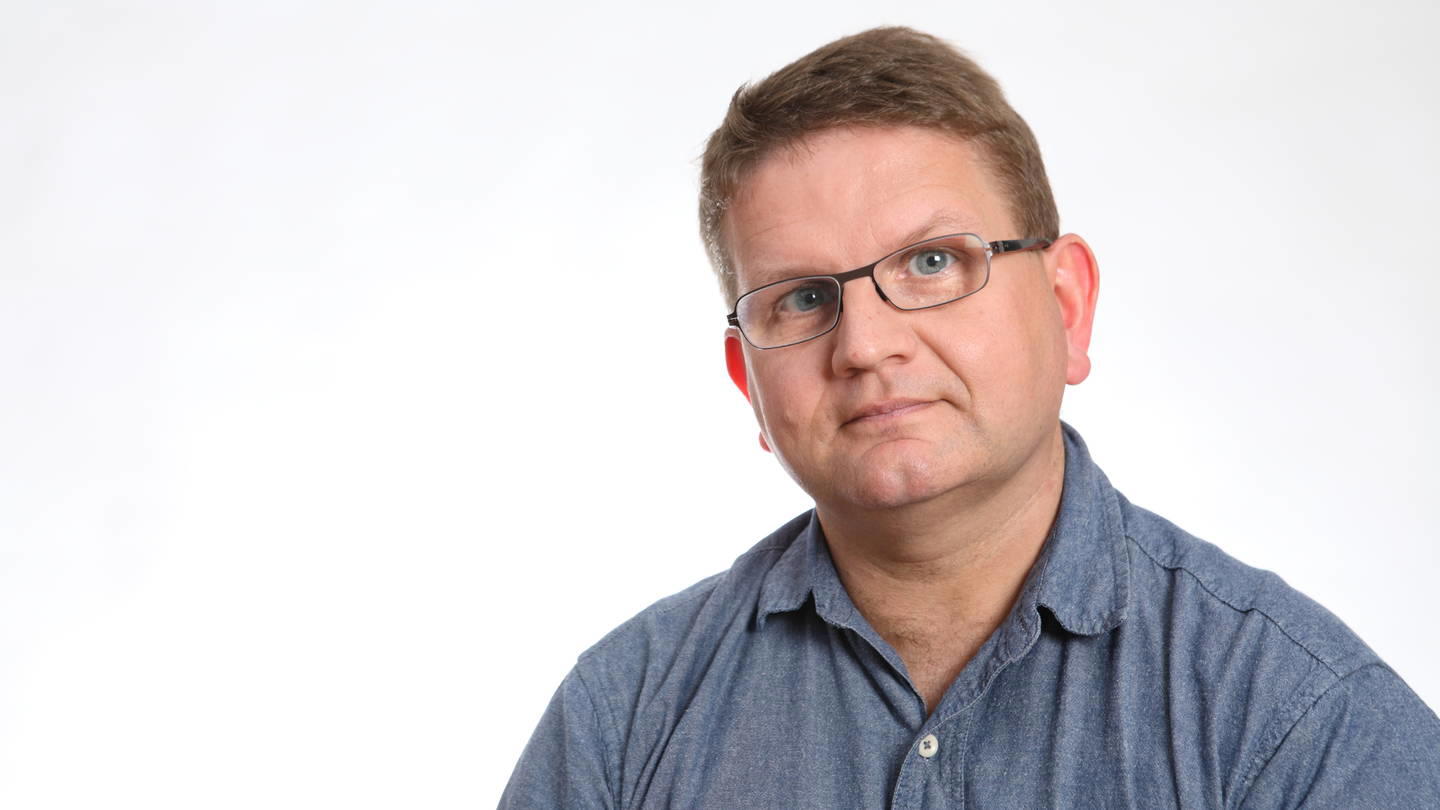The NHS in Scotland is in a ‘parlous state’, the BMA has warned, with a growing gap between available resources and demand for care.
BMA Scotland council chair Lewis Morrison said the NHS is struggling to become financially sustainable, faces huge workforce challenges, and is unlikely to achieve the Scottish Government’s 2020 vision for health and social care.
 Lewis Morrison, BMA Scotland council chair
Lewis Morrison, BMA Scotland council chair
Dr Morrison was speaking as Audit Scotland published its latest report into finances and performances of the NHS. Auditor general Caroline Gardner said that, while there were some examples of new ways of delivering healthcare, they were ‘some distance’ from the system-wide reform the NHS needs.
‘The NHS in Scotland is running too hot, with intense pressure on staff and a service model that will remain financially unsustainable without a much greater focus on health and social care integration,’ she warned.
‘The challenge for the Scottish Government and its partners will be to agree new priorities that enable large-scale change and which create a leadership culture that supports and respects all staff.’
Targets missed
The report shows that while more people were treated on time and in the last year, and that patient safety improved, just two out of eight waiting targets were met.
There were also financial challenges:
- Half of NHS savings were non-recurring
- The capital budget had reduced by 63 per cent over the last decade
- There is a near £1bn of backlog maintenance
- There have been issues around high-cost capital builds.
While the Scottish Government has taken steps to address some of this – including moving from short- to medium-term financial planning and a waiting times improvement plan, these have yet to show an impact. Health and social care integration is also too slow, says Audit Scotland.
Dr Morrison said the report ‘paints a stark picture’.
‘It is clear our NHS is seriously struggling to become financially sustainable. The suggestion of a £1.8bn funding gap for 2023/24 – something we have been warning of for some time – just serves to illustrate the growing gap between demand for care and resources available to our NHS.
‘On top of this, there remains a lack of a clear plan on how to address this funding gap that is clearly developing, or set out the reforms needed to prevent it developing in the first place.’
Do something
Dr Morrison called for immediate action. ‘If we want to continue to provide comprehensive free-at-the-point-of-delivery care for the people of Scotland, something must be done urgently,’ he said.
‘This report is also right to highlight both the difficulties our NHS faces in recruiting staff and the urgent need to improve workplace culture across healthcare. BMA Scotland believes that both of these issues need to be tackled immediately.’
Dr Morrison said the NHS had been a ‘breeding ground for inappropriate behaviours’ for too long, and that not enough was being done to recruit and retain doctors and other staff.
Health secretary Jeane Freeman said the report noted positive steps taken by the Scottish Government and health boards, but accepted that there were challenges such as increasing demand, building a sustainable workforce and the pace of change.
‘To address this we have increased financial flexibility for NHS boards, and our £850m Waiting Time Improvement Plan will help address financial challenges and improve access to care – steps the Auditor General highlights positively in this report.
‘Our focus on developing leadership, which has resulted in positive changes to recruitment and retention, has also been welcomed and this is something we will look to broaden out across the workforce.’
Ms Freeman said that the pace of health and social care integration had to improve. ‘Work to ensure people get access to health and social care services is also progressing, but it needs to happen faster. Our delayed discharge figures show areas where integration is making a difference and we continue to work closely with COSLA [Convention of Scottish Local Authorities] to accelerate progress and make this happen across the country.’

